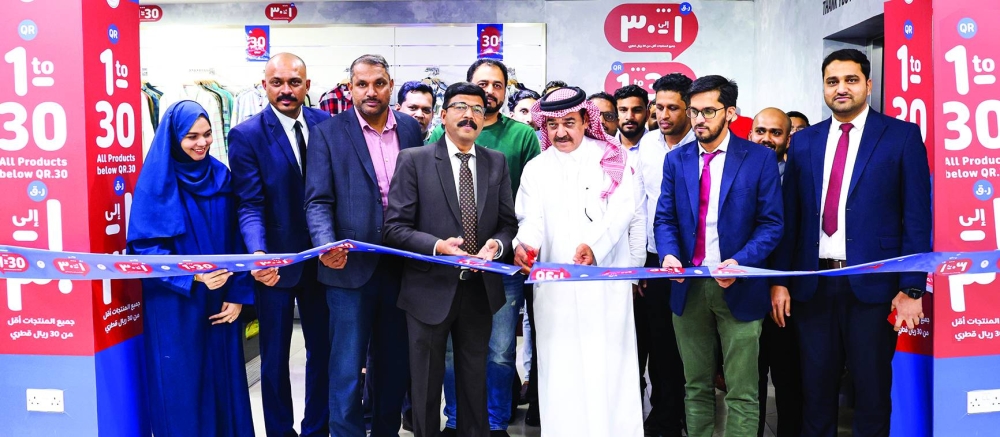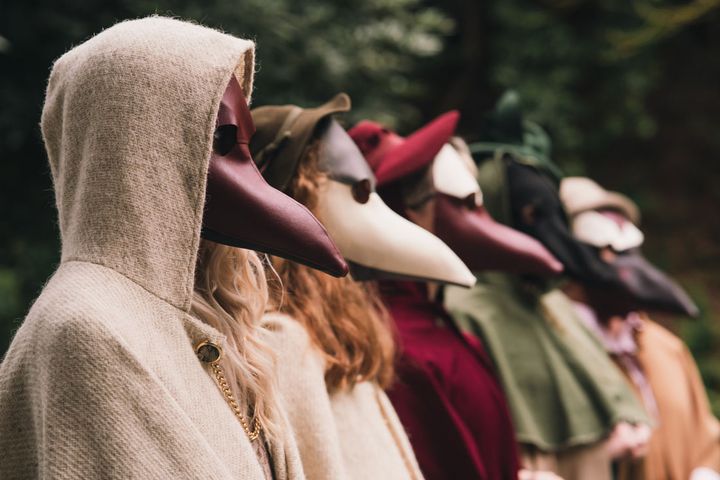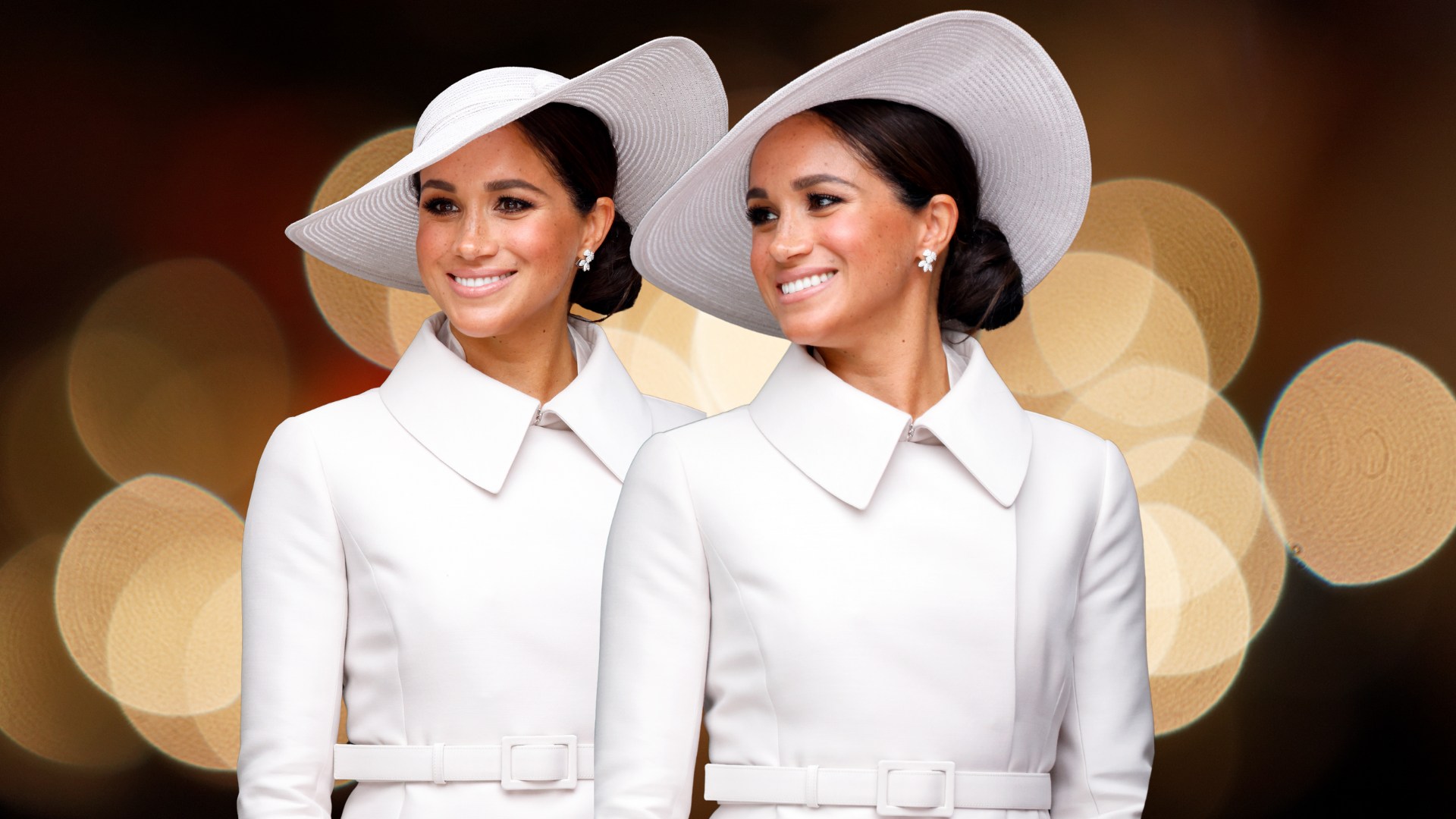There’s much more than what meets the eye for the crude, rebellious and loner skater that has become a stereotypical figure for skateboarding. At least, that’s the image Andrea L’Hommedieu wants to dispel. For the last five years, L’Hommedieu, director of the Department of Oral History at the University of South Carolina , has taught a course teaching students how to tell a story about communities who don’t have their own written record.
Skaters at the Irmo Skate Park on Nov. 17, 2024 “Skateboarding’s Journey to the Olympics ,” is the latest collection from L’Hommedieu and her students. The collection compiles 22 interviews with skaters primarily from Columbia, but all across the country and world including Hawaii, Scotland and China.
“We learned how to do oral history interviews and they learned about the history of skateboarding in the United States,” L’Hommedieu said. The professor added that skaters in their early 20s to 70s were interviewed for the project. Throughout all their interviews, L’Hommedieu said the stereotype of skaters being more of rebels was dispelled when almost every interviewee discussed the community element found in skating.
A skater at Owens Field Skate Park on Nov. 16, 2024 “So many of them tell stories of starting skateboarding, really develop these friendships that they've kept for years and years,” L’Hommedieu said. “Others talk about being in high school and not really fitting in, but when they became a group of.



















